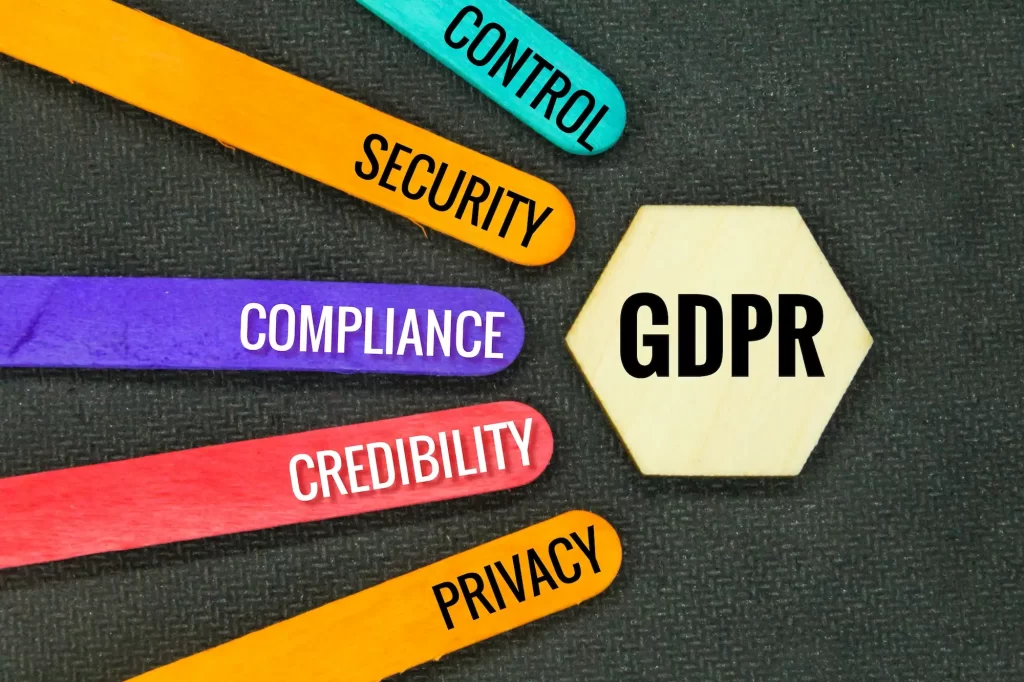Data protection and data protection regulation are becoming increasingly important today. The introduction of the GDPR (General Data Protection Regulation) by the European Union has fundamentally changed the way online privacy is handled. Below, we will show how data protection and GDPR are related to the lead generation process and how to perform lead generation under GDPR rules.
Purity of data collection:
When collecting data, it is important to collect only the data that is really needed. The data collection must comply with data protection legislation and the data must be used only for the purposes set out in the data protection legislation.
The legal basis for data processing:
It is important to ensure that we have the right legal basis for data processing. Data can only be processed with the consent of the data subjects and if the law allows it.

Data security:
Data security is very important for data protection regulation. Data must have appropriate security measures in place to ensure that it does not fall into unauthorised hands.
Privacy statement:
The privacy statement provides data subjects with adequate information about how their data is processed and for what purposes it is used. The privacy statement should contain information that complies with data protection law and should give data subjects the opportunity to opt-out of the processing of their data.

Data transmission:
When transferring data, it is important to act in accordance with data protection legislation. We may only share data with parties who have a legitimate interest in processing the data and who have the legal basis for processing the data.
Compliance with data protection legislation is essential in the lead generation process.
Click here to see our refence!




